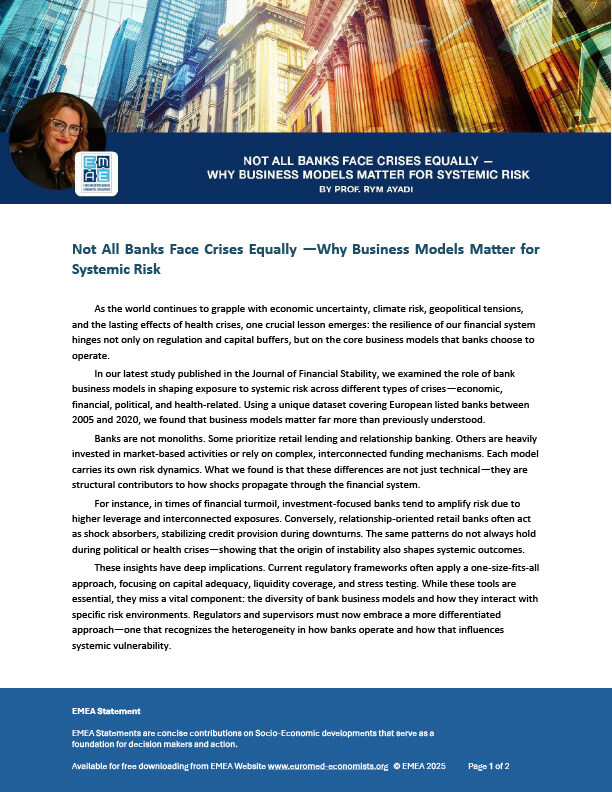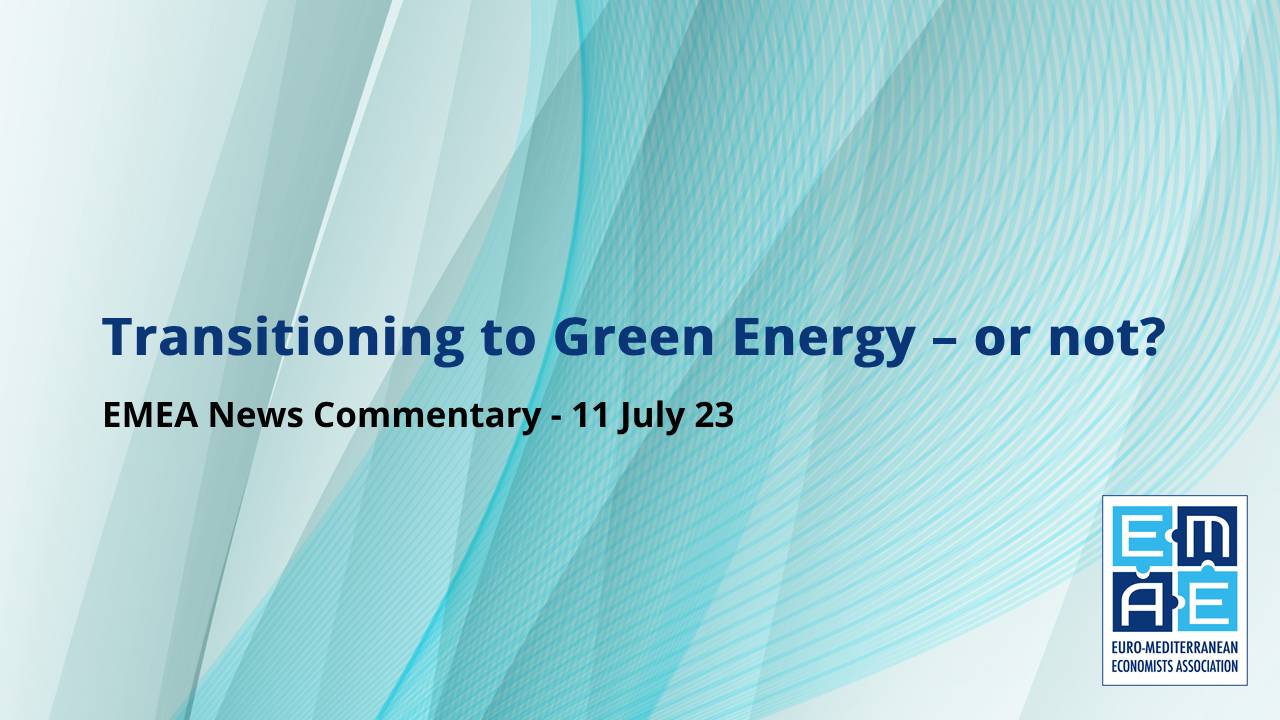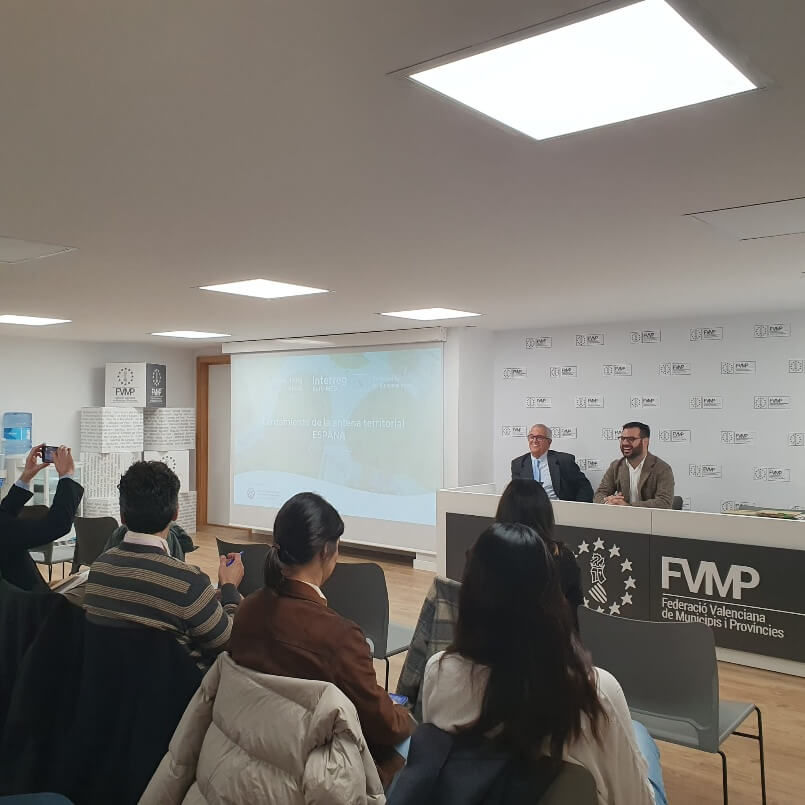A number of world leaders now accept that “poverty reduction and protection of the planet are converging objectives”.
But it isn’t easy squaring this circle.
Across the board, damage from climate change is making development more expensive—whilst halting climate change makes it more affordable, according to a recent Economist article.
Researchers at the IMF who have analysed data from 72 developing countries since 1990, have discovered “an unfortunate pattern.” It appears that a 1% rise in annual GDP is, on average, followed by a 0.7% increase in emissions. This is primarily because growing industries require lots of power, which is mainly oil and gas fuelled.
But replacing old power grids with new technology is expensive. According to the International Energy Agency, to reach net zero emissions by 2050, countries would need to spend over $300bn on renewable grids until 2030. That’s five times their current outgoings.
But where the finance comes from to meet all this, has yet to be clarified. African politicians are suggesting global taxes and a new international financial institution to disperse the money. But this idea was largely dismissed at the recent Paris Summit.
So there has to be a trade off – between climate change-induced soaring temperatures and more natural disasters, set against depriving local poverty-stricken communities of precious access to education and healthcare.
Take away fossil-fuel revenues and at least a dozen poor countries, including Ecuador and Ghana, would face what the IMF have described as unmanageable debt burdens.
This push-pull conundrum has, to this point, meant that developing countries are miles away from national climate targets, first offered at the COP21 meeting in 2015.
Take Indonesia. New coal plants will provide the country with 60% of its electricity requirement until beyond 2030, whilst the resultant carbon release will distance Indonesia even further from the emissions targets it told COP it would hit. In Brazil, the plan is to spend $500bn on oil and gas between 2019 and 2027, to overcome hydropower shortages caused by more frequent droughts.
“African countries need a fair exit plan from fossil fuels,” says Mavis Owusu-Gyamfi of the African Centre for Economic Transformation, a think-tank.
Meanwhile, efforts are being made to help hard-pressed local communities make the switch to renewable energy as seamless as possible. EDP, the multi-national energy transition to renewables company, referenced in our earlier EMEA news commentary article, have announced a four-continent wide, community-focussed renewable investment initiative, totalling €21bn. Over the next three years, they aim to train, inspire and energise institutions globally about their responsibility in respect of clean energy transition.
“One of our primary focuses is to promote greater efficiency and energy inclusion, especially in the most vulnerable communities,” explains their Foundation President Vera Pinto Pereira. “We have strengthened our social impact investment in this specific mission, leaving no one behind in the effort for a just transition.”
As part of their Access to Energy (A2E) programme, EDP set up a project called Girl Move in Mozambique, one of the world’s poorest nations. The programme is a fully sustainable solar energy powered academy, offering young women access to education and career mentorship. Currently in Mozambique, 58 per cent of the population is under 19 but only 10 per cent of girls complete secondary school, with 40 per cent having their first child before 18. Most will end up being single parents and main breadwinners before they are 35. Girl Move is designed to bring about better outcomes.
Another of their A2E projects, in Nigeria, is to fund off-grid solar powered refrigerators, to prevent female fish traders from discarding almost a third of their stocks due to poor refrigeration. The women are currently using environmentally harmful diesel generators, which are at the mercy of the unreliable grid.
Just Energy Transition Packages
The biggest climate-finance projects to date are “Just Energy Transition” (JET-PS) packages. These comprise loans and grants from banks, rich countries and private firms, which are intended to steer middle-income countries away from fossil fuels towards cleaner energy.
Grants are the gold-dust of development finance. With a limited amount to allocate, the concern is that low-income countries, which depend on cheap financing, are going to miss out. Ministers in these poorer countries are worried about a lack of finance for their energy transition – which is exacerbated by what is perceived as Global North intransigence over debt-relief.
African leaders complain of European hypocrisy, saying that EU leaders ask poor countries to stop subsidising fossil fuels and scrap developing gas and coal altogether for their domestic energy sources – whilst bringing coal-power plants online at home, at the same time as increasing their imports of gas from Africa since the Russian invasion of Ukraine.
Meanwhile, research by the Centre for Global Development think-tank, has revealed that the 2,500 World Bank climate-financed projects since 2000 have had virtually no impact on emissions. Instead, most of the money went towards the Bank’s poverty-alleviation aspirations.
In future, the Bank plans to establish a new system to better track the impact of money it spends on climate change.
In international finance circles, more and more people now believe climate is the top priority, at the expense of poverty alleviation. Their view being that if there’s no longer a planet on which to live, what’s the point.
One example is the Asian Investment and Infrastructure Bank, a Chinese-led organisation. They are considering switching all their lending to climate finance. In their opinion, poverty alleviation “will become a second-order priority.”
Others, like the Gates Foundation, disagree. They argue that the green transition will only work if it’s based on a boost in productivity, based on health and education improvements for skilled workers.
Humans and nature: the case for ecological justice (ft.com)
The choice between a poorer today and a hotter tomorrow (economist.com)
The Global South Is a Geopolitical Reality | Internationale Politik Quarterly (ip-quarterly.com)





